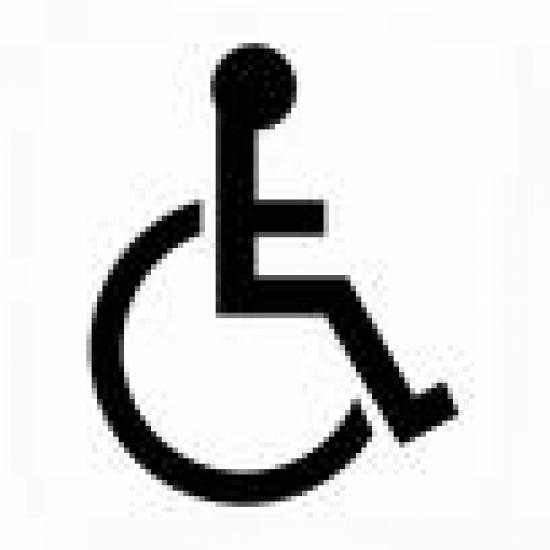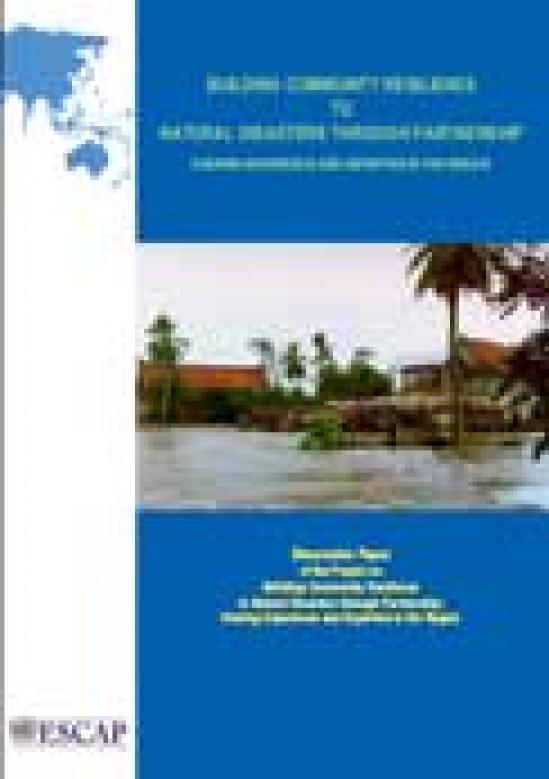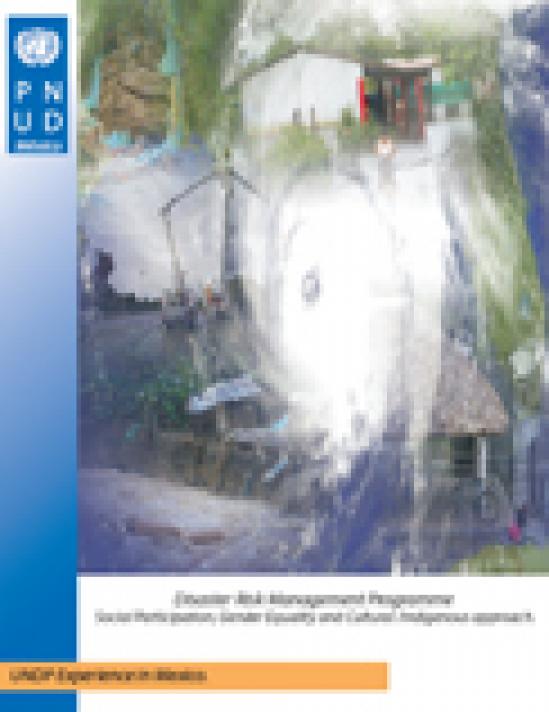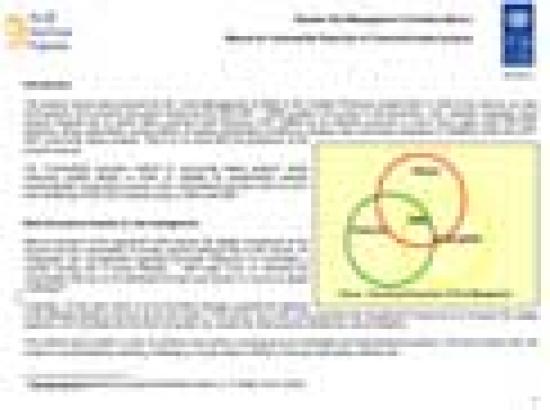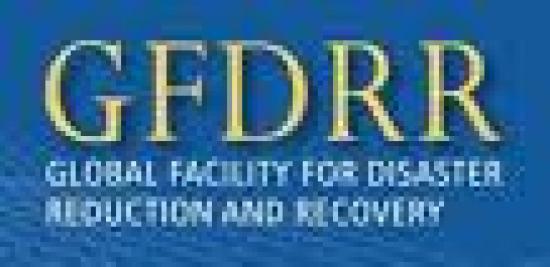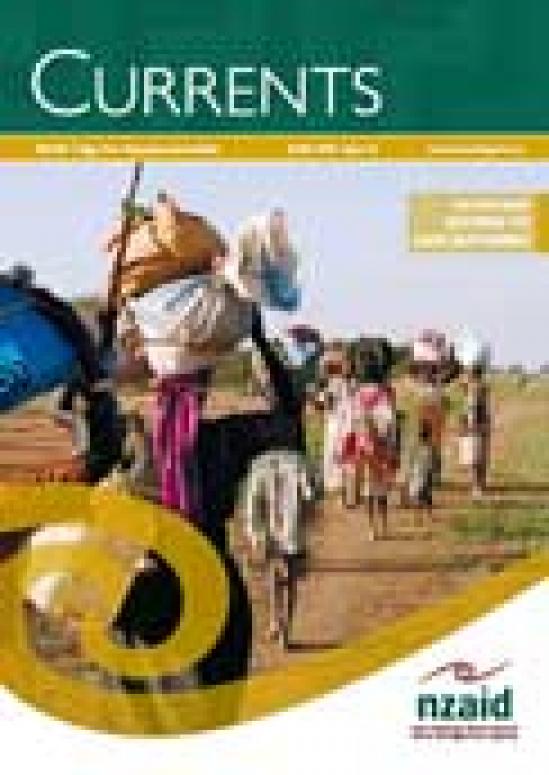Disability and disasters
The importance of an inclusive approach to vulnerability & social capital
Approfondimento - lettura destinata solo agli utenti registrati
This paper outlines the importance of applying a structural approach to vulnerability to disasters and presents evidence on the relationship between disability and disaster‐related risks in low and middle income countries. It is based on a comprehensive literature review of primary research and identifies four groups of structural factors acting as the pathways to increased vulnerability and inequality: (i) a lack of information and knowledge of disability issues among governments and relief organisations; (ii) exclusion of persons with disabilities from disaster management and relief; (iii) inaccessibility of physical environments, preparedness measures, shelters and relief aid; and (iv) stigma and discrimination.

